DepositPhotos
Packing for a trip can feel like solving a puzzle — especially when you’re trying to figure out what goes where. While checked luggage might seem like the perfect place to stash everything you can’t carry on, there are plenty of items that airlines and security agencies strongly discourage putting in checked bags.
Some of these restrictions exist for safety reasons, others for legal compliance, and a few might just save you from a major headache at your destination. Here is a list of 17 things you should never put in your checked luggage.
Electronics and Batteries
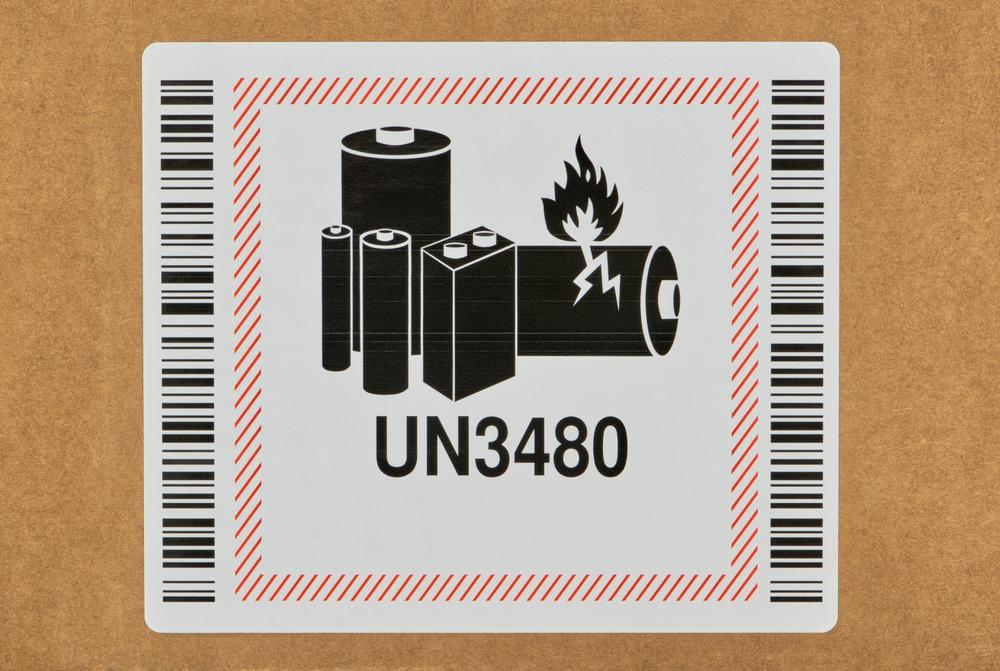
DepositPhotos
Your laptop, tablet, and phone should always travel with you in the cabin. Lithium batteries can overheat and potentially cause fires in the cargo hold — where crew members can’t quickly respond to emergencies. Airlines have seen enough incidents with these devices to make this rule pretty strict, and it’s also about protecting your investment. Plus, if your checked bag gets lost, you’ll still have your essential electronics with you.
Prescription Medications
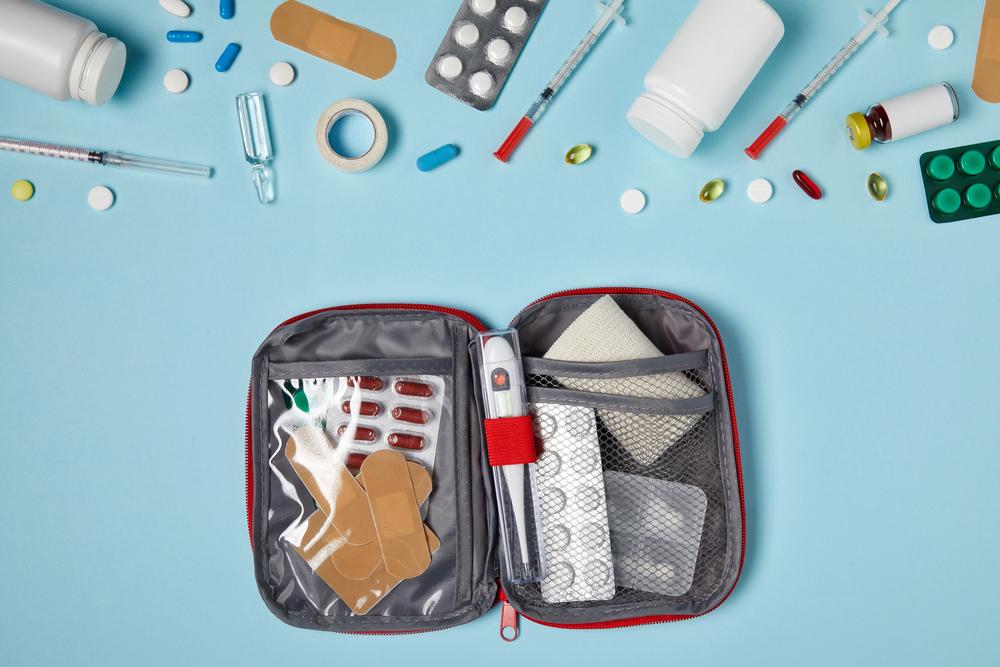
DepositPhotos
Never pack your daily medications in checked luggage, even if you’re only going away for a weekend. Lost luggage happens more often than you’d think — and being stuck without your heart medication or insulin can turn a vacation into a medical emergency. Keep at least a week’s worth of meds in your carry-on, along with copies of your prescriptions. Your future self will thank you if your bag decides to take a detour to another continent.
Important Documents
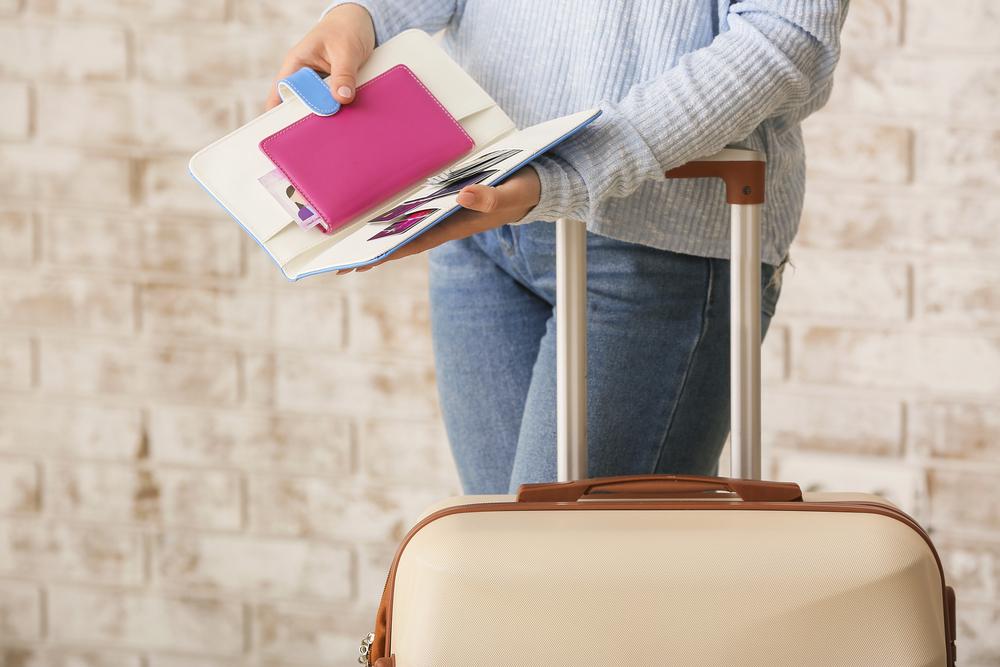
DepositPhotos
Your passport, birth certificate, and other vital documents belong in your carry-on bag, not buried in your checked luggage. Think of it this way: if your checked bag goes missing, you’ll need those documents to prove who you are and potentially get help from your embassy. Travel insurance papers, hotel confirmations, and emergency contact information should also stay with you — a lost bag is inconvenient, but being unable to prove your identity in a foreign country is a nightmare.
Jewelry and Valuables
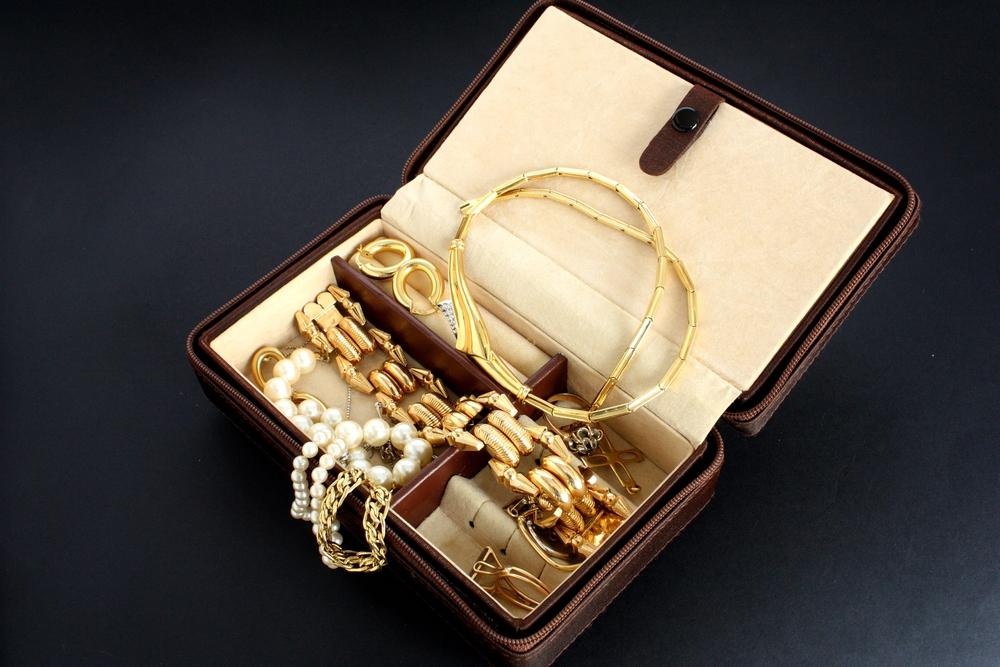
DepositPhotos
That expensive watch or your grandmother’s ring shouldn’t go in checked luggage, period. Baggage handlers deal with thousands of bags daily, and valuable items have a way of disappearing from checked luggage. Most travel insurance policies won’t cover high-value items in checked bags — though some might offer limited coverage. If you must bring valuable jewelry, wear it or keep it in your carry-on where you can keep an eye on it.
Cash and Credit Cards
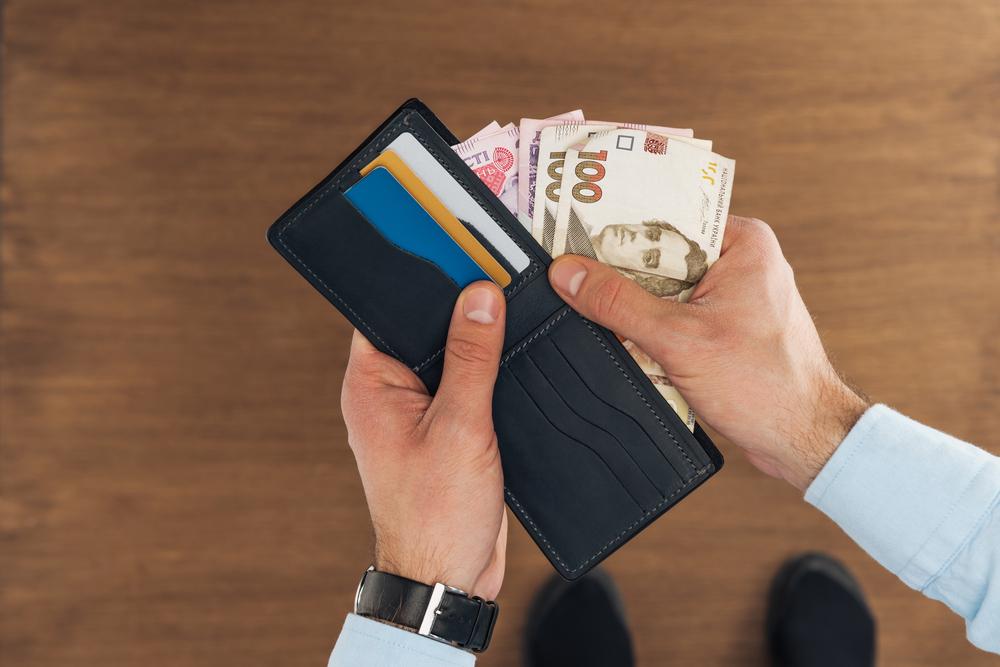
DepositPhotos
Packing cash in your checked luggage is like leaving money on a park bench and hoping it’ll still be there when you return. Airport security and customs officials in some countries routinely inspect checked bags — and missing cash is nearly impossible to prove or recover. Keep your spending money, backup credit cards, and emergency cash in your carry-on or on your person. This way, even if your checked bag goes on an unplanned adventure, you’ll still have access to funds.
Fragile Items
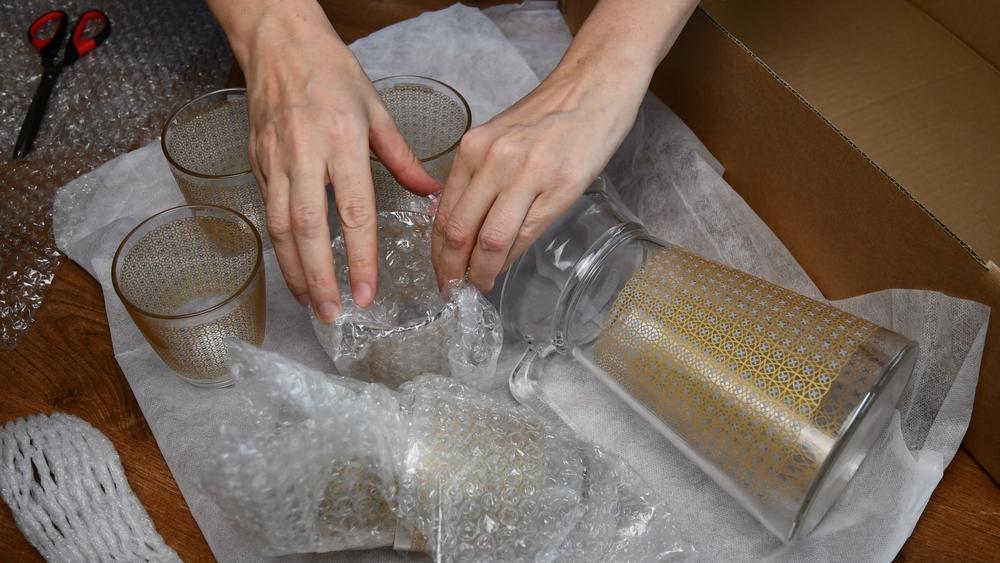
DepositPhotos
Checked luggage gets tossed around like a hot potato during the loading process. Your great-aunt’s china set or that bottle of wine you picked up in Tuscany won’t survive the journey intact if it’s packed in your checked bag. Baggage handlers are working quickly and dealing with heavy bags all day long — yet they’re not responsible for items that break due to normal handling. If something is breakable and irreplaceable, either pack it extremely well in your carry-on or consider shipping it separately.
Flammable Liquids
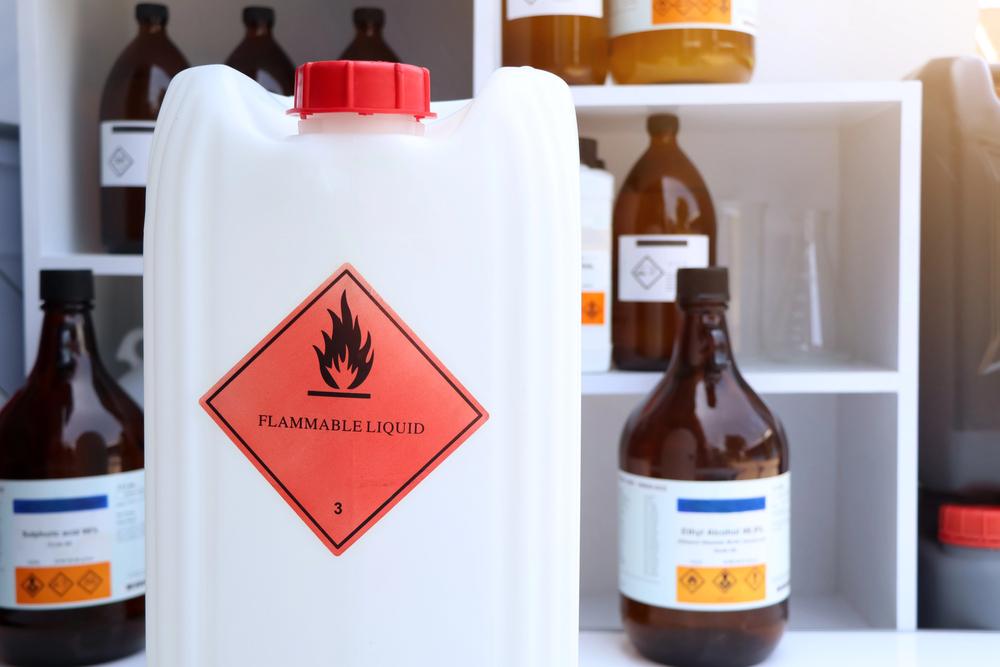
DepositPhotos
Nail polish remover, paint thinner, and other flammable liquids are prohibited in both carry-on and checked luggage for obvious safety reasons. The cargo hold of an airplane isn’t the place for anything that could potentially ignite — though some exceptions exist for certain quantities of alcohol. Even seemingly innocent items like certain cleaning products or hobby supplies might contain flammable ingredients. When in doubt, leave it at home or buy it at your destination.
Spare Lithium Batteries
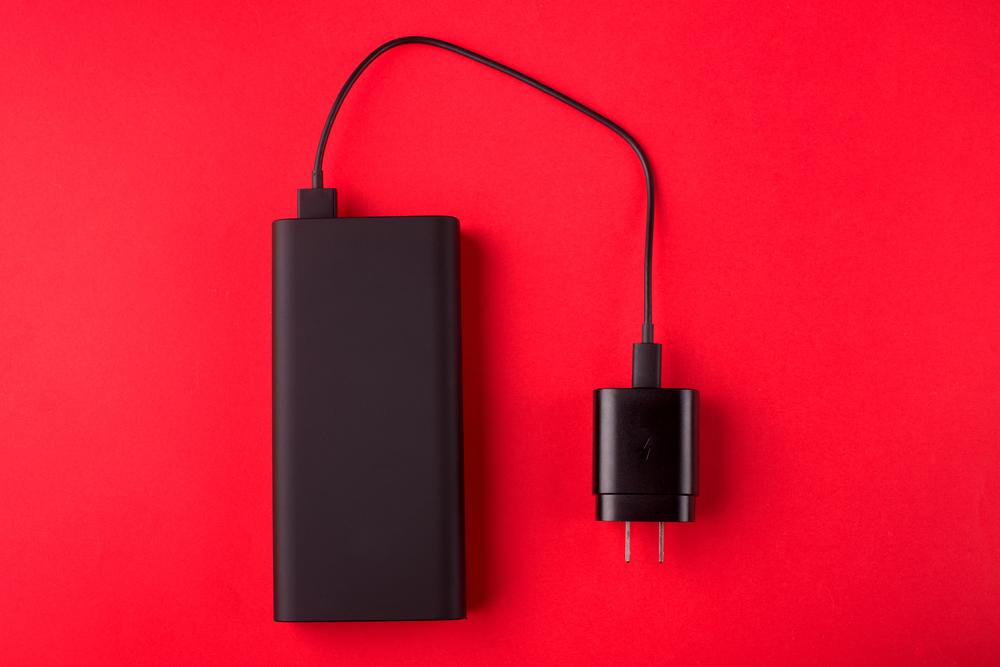
DepositPhotos
While small lithium batteries in devices are usually fine in checked luggage, spare batteries are a different story altogether. These little power sources can short-circuit if they come into contact with metal objects — potentially causing fires or even explosions. Airlines require spare batteries to be in your carry-on bag, where any issues can be quickly addressed. Camera batteries, phone chargers, and power banks all fall under this rule, though the specific requirements can vary by airline.
Aerosols and Pressurized Containers
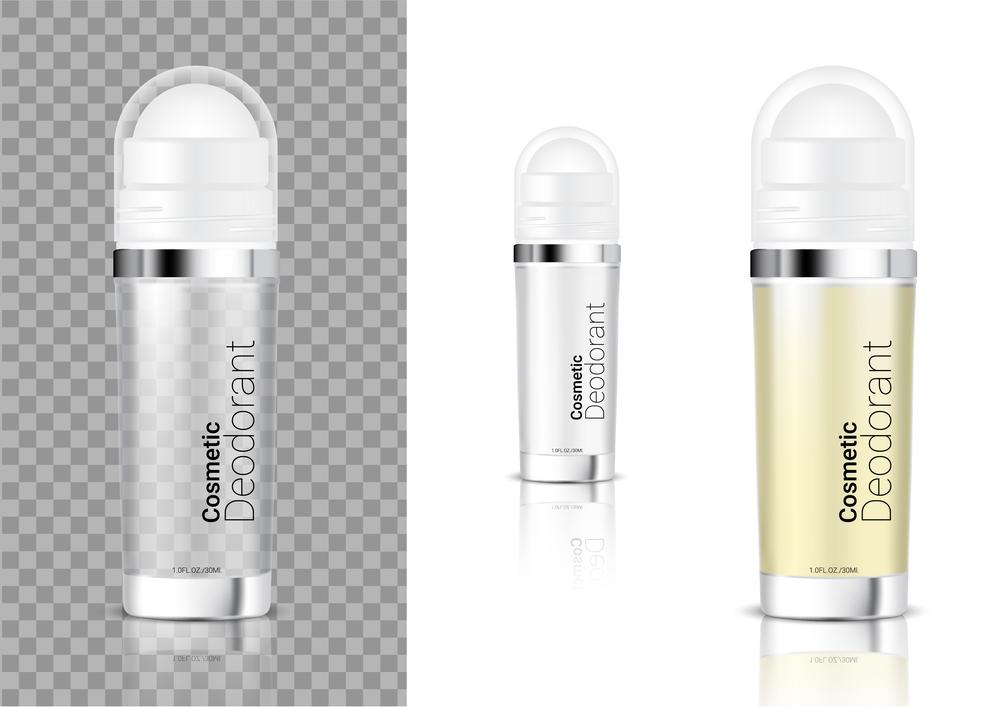
DepositPhotos
Hair spray, deodorant, and other aerosol cans can explode due to pressure changes in the cargo hold. The temperature and pressure fluctuations during flight can cause these containers to rupture — creating a mess and potentially damaging other passengers’ belongings. Most personal care aerosols are allowed in checked luggage in small quantities, yet it’s often safer to pack solid alternatives or buy them at your destination.
Perishable Food Items
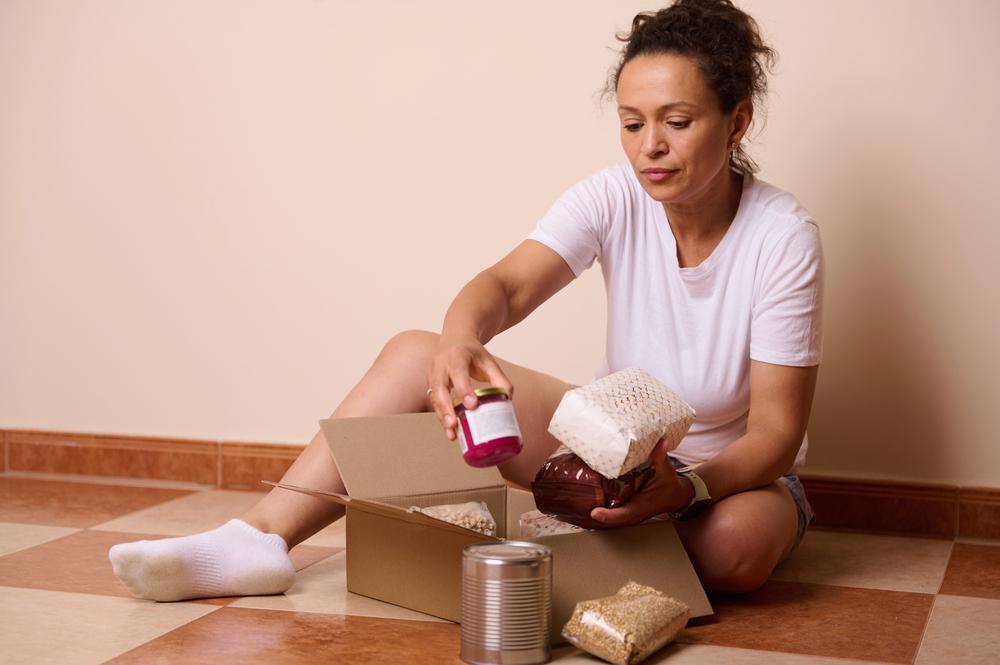
DepositPhotos
That wheel of cheese from France or fresh seafood from the coast might seem like great souvenirs — but they don’t belong in checked luggage. Temperature fluctuations in the cargo hold can spoil food quickly, while customs regulations in many countries prohibit bringing in fresh or perishable items anyway. You’ll likely end up having to throw away spoiled food or face fines from agricultural inspectors. Stick to non-perishable treats or properly packaged specialty items.
Firearms and Ammunition
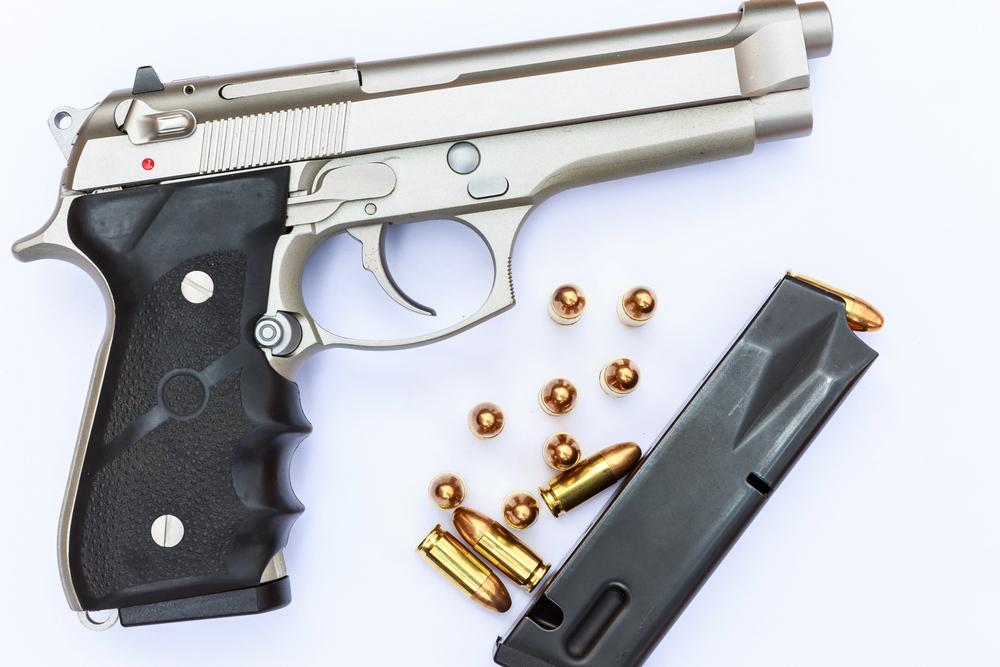
DepositPhotos
Even if you have proper permits, firearms and ammunition have very specific packing and declaration requirements that most casual travelers aren’t familiar with. The paperwork alone can be overwhelming, and making a mistake can land you in serious legal trouble. Different countries have vastly different laws about firearm possession, yet what’s legal in your home state might be a felony elsewhere. Unless you’re a serious collector or competitive shooter who knows all the rules, leave the weapons at home.
Lighters and Matches
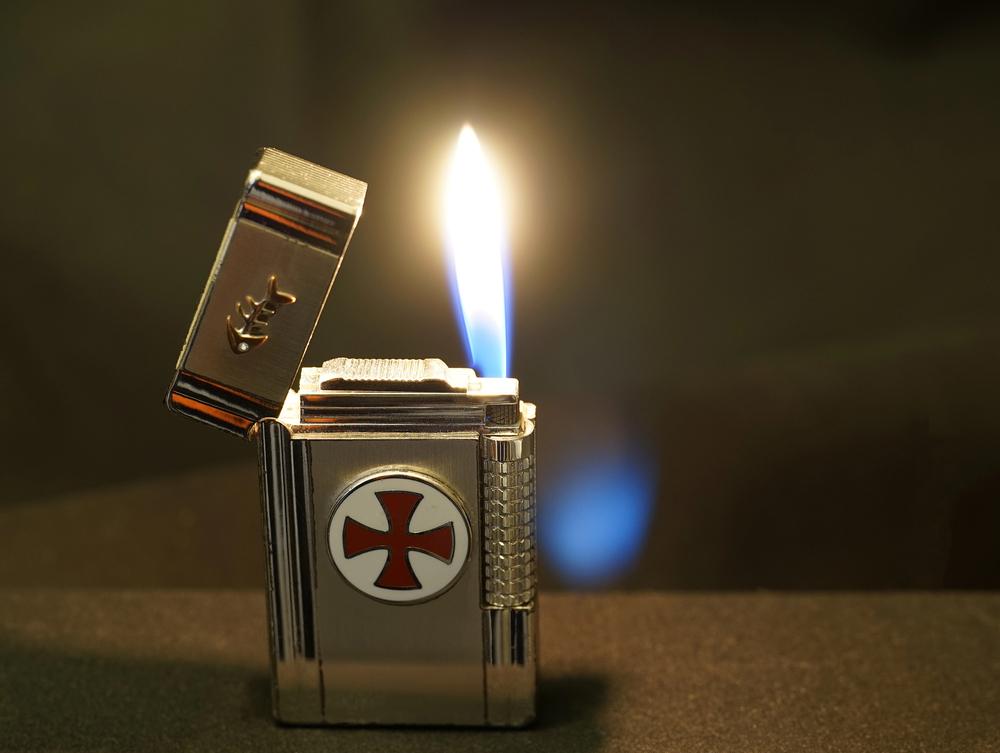
DepositPhotos
Most lighters and all matches are prohibited in checked luggage due to fire risk. The pressure changes and temperature fluctuations in the cargo hold can cause lighters to malfunction or leak fuel. Even disposable lighters that seem harmless can become dangerous when subjected to the conditions in an airplane’s cargo area, though one lighter is typically allowed in your carry-on. If you need a lighter at your destination, you can usually buy one for a few dollars once you arrive.
Chemicals and Cleaning Products
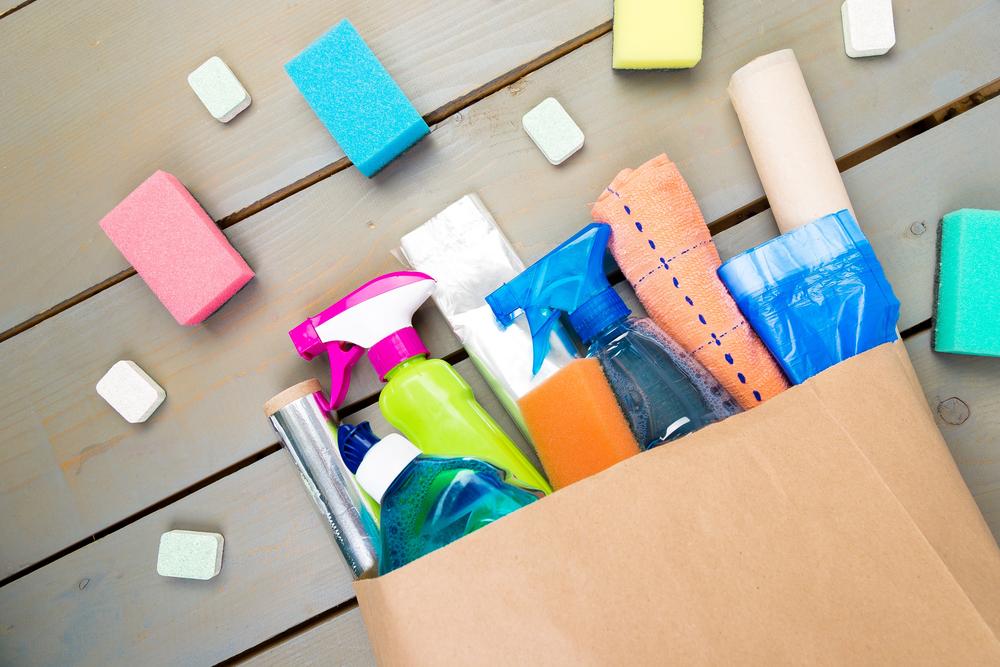
DepositPhotos
Bleach, ammonia, and other household chemicals are considered hazardous materials and are prohibited in both carry-on and checked luggage. These substances can leak, react with other materials, or create toxic fumes in the confined space of an airplane cargo hold. Even seemingly innocent items like certain glues, paints, or automotive products might contain prohibited chemicals. Research any unusual items before packing, or simply plan to purchase them at your destination instead.
Live Animals and Plants
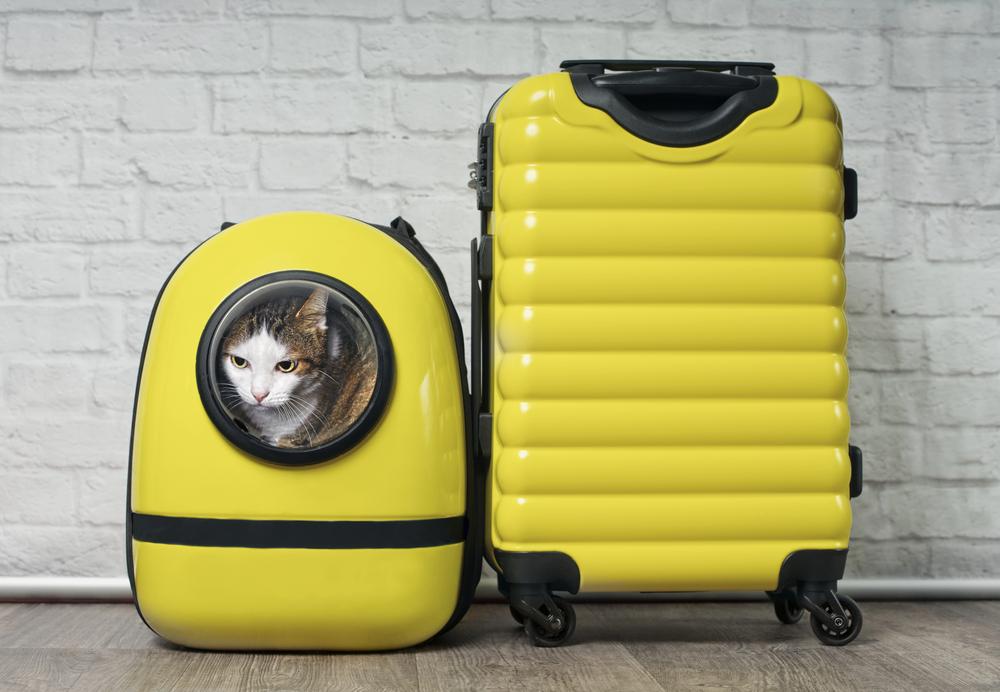
DepositPhotos
Your pet goldfish or that exotic plant cutting you picked up abroad can’t just be tossed into your checked luggage. Live animals require special arrangements, proper ventilation, and temperature control that checked luggage compartments can’t provide. Plants often face strict quarantine regulations and may be confiscated by agricultural inspectors anyway, though some dried or processed plant products are permitted. Both pets and plants need specialized shipping arrangements or should travel with you in the cabin under specific airline programs.
Magnetic Items
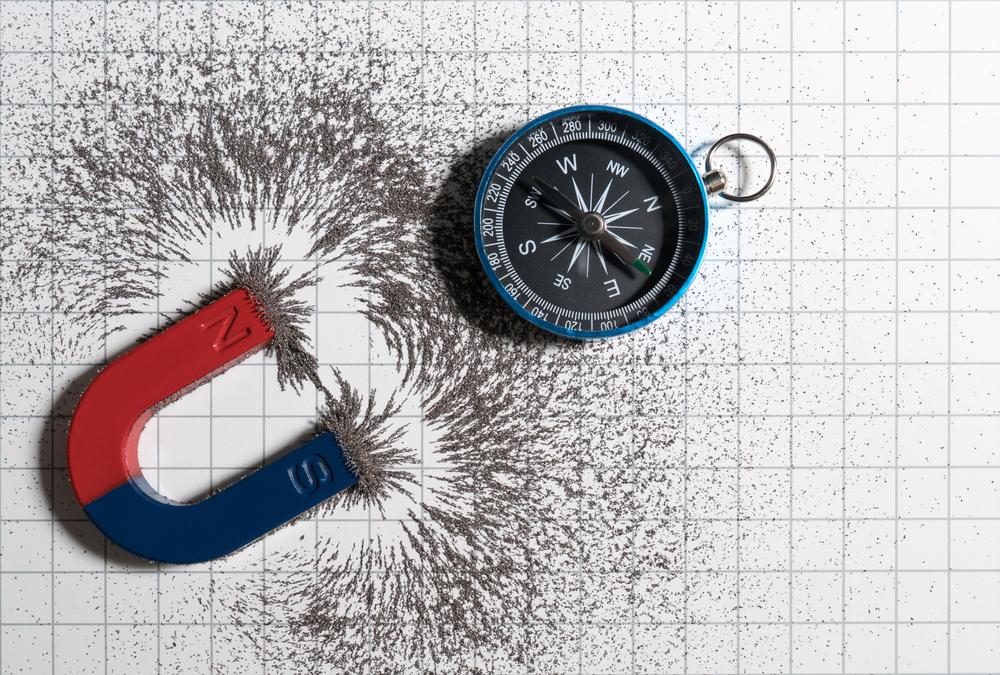
DepositPhotos
Strong magnets, including those in speakers or certain tools, can interfere with aircraft navigation systems and must be properly packaged if allowed at all. The magnetic field can affect sensitive instruments on the plane, potentially causing serious safety issues. Most airlines have strict rules about the strength and packaging of magnetic materials, yet these regulations can be complex and vary between carriers. If you’re unsure whether something contains strong magnets, it’s better to leave it at home or check with the airline first.
Sporting Equipment with Sharp Edges
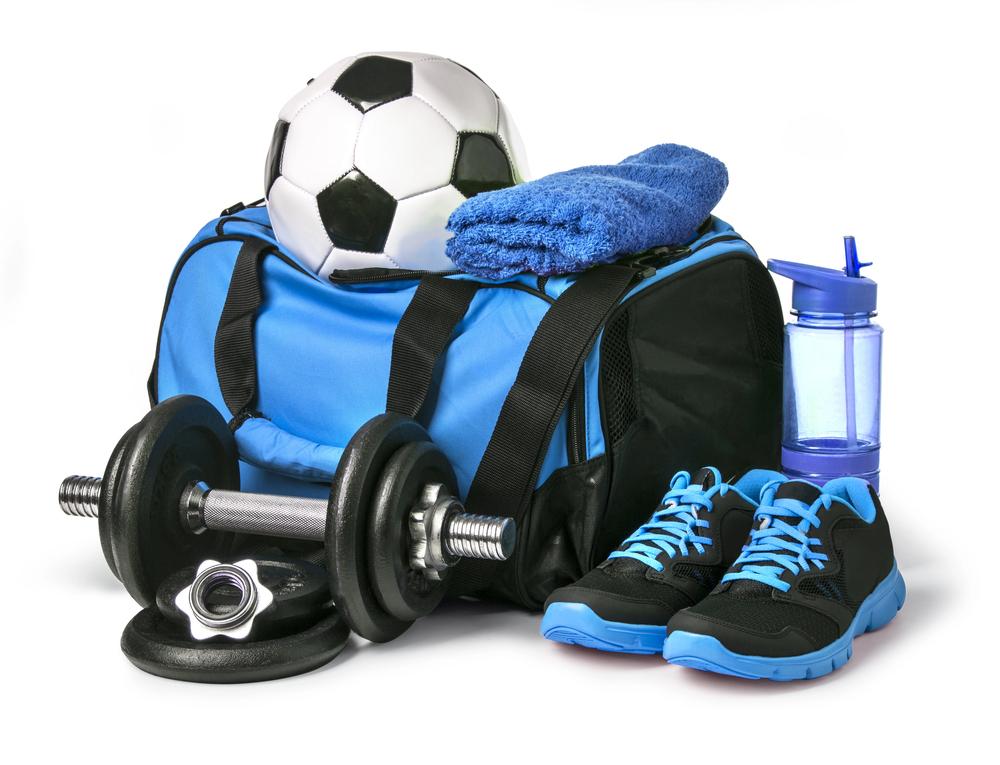
DepositPhotos
Hockey sticks, ski poles, and other sporting equipment with sharp or pointed edges need special handling that checked luggage doesn’t provide. These items can damage other passengers’ belongings or even puncture the aircraft if not properly secured. Many airlines have specific requirements for packing sporting equipment, including special containers or padding, though fees often apply. Golf clubs and baseball bats are usually fine, but anything with sharp edges requires extra attention and often additional costs.
Liquids Over 3.4 Ounces in Containers
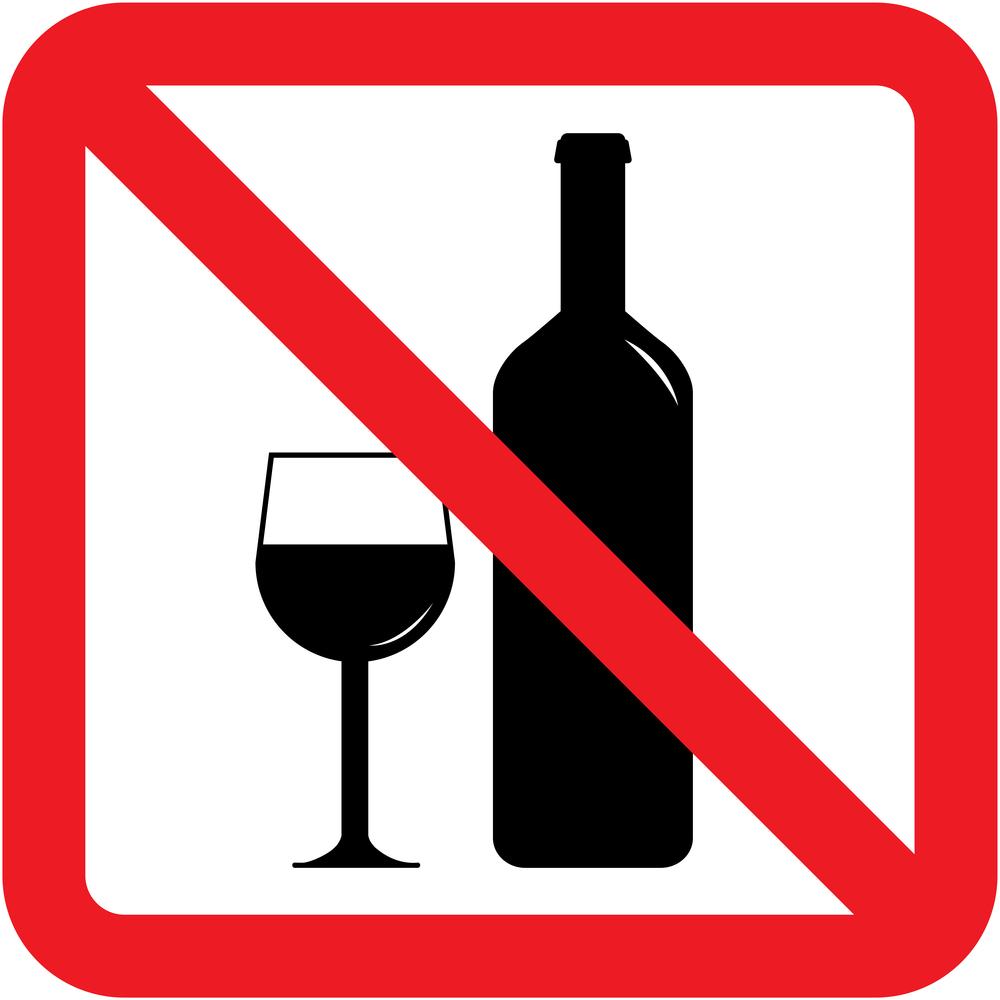
DepositPhotos
While you can pack larger liquid containers in checked luggage, there are still limits and restrictions on certain types of liquids. Alcohol over 70% proof is prohibited entirely, and even wine and beer have quantity restrictions that vary by airline. Some countries have strict limits on bringing in alcohol, and you might face hefty taxes or confiscation upon arrival. Additionally, liquid containers can leak during transport, potentially damaging your clothes and other belongings regardless of how well they’re packed.
Keeping Your Journey Smooth
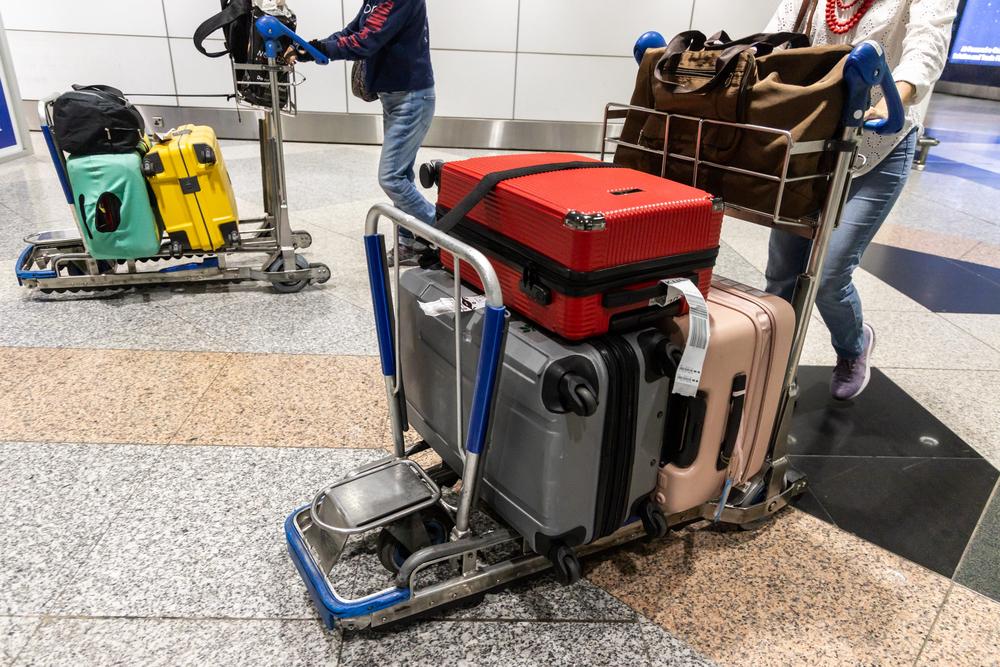
DepositPhotos
These restrictions might seem excessive, but they exist to keep everyone safe and ensure your belongings actually make it to your destination. Airlines and security agencies have learned these lessons through experience, often the hard way, after dealing with countless incidents over the years. Smart packing means thinking ahead about what you really need to bring versus what you can easily replace at your destination. The goal is to arrive with everything you need while avoiding the stress of lost, damaged, or confiscated items that could derail your entire trip.
More from Travel Pug

- 20 Best Beach Towns in the Carolinas
- 13 Destinations Where Tourists Regularly Regret Their Trip
- 20 Things You Actually Get in First Class
- 20 Small Airports With Aviation Museums
- 20 Places in the U.S. That Are Perfect for a Reset Trip
Like Travel Pug’s content? Follow us on MSN
